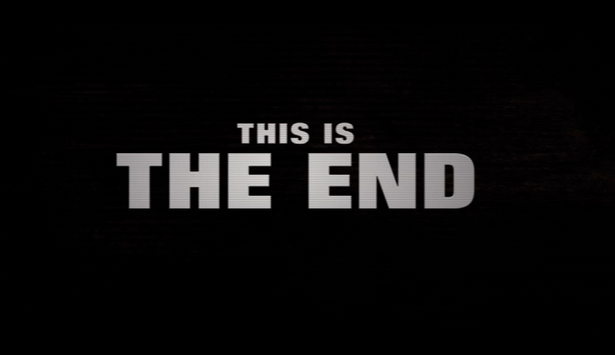"Unique coins: the end of history? "

My impertinent dear ones, my dear impertinent ones,
It is a rather "challenging" article of AFP, which is not renowned for its profoundly transgressive intellectual abilities, on the single currencies in gestation, which by dint of "gestation" do not happen to be born!
While the adventure of the euro was the first single currency in post-Second World War economic history, economic integration and globalization should have made the euro not the only single currency but the first of a long series.
By the end of the 1990s, common currency projects were flourishing.
"Upset ambitions in the Gulf countries, a debate that is bogged down in South America ... The projects of currency union, once flourishing, are now lead in the wing, in a context of distrust towards the euro and its economic model.
Several states, one currency: this is the future promised by several regions of the world during the creation of the euro, the European common currency, put into circulation on 1 January 2002 after ten years of gestation.
"At the time, there was the desire to put an end to the volatility of the exchange rate, at the origin of several crises. Unique currencies were seen as a guarantee of success, "recalls Fabien Tripier, an economist at the Center for Prospective Studies and International Information (Cepii).
Other supranational currencies, at that time, were already in place: the CFA franc, created in 1945 and used by 15 countries in sub-Saharan Africa; and the Eastern Caribbean Dollar, launched in 1965 in eight Caribbean countries and territories.
But the European project was perceived as unprecedented, given its ambition. "The objective was to create a reference currency, with an independent monetary policy and not pegged to other currencies," says Tripier.
States in search of leadership, emerging countries, "micro-nations" ... This model, for many, was an example to follow. "We were in a context of recomposition linked to the fall of the Wall. The currency was seen as a geopolitical instrument, "says Xavier Ragot, professor at the Paris School of Economics (PSE).
Everywhere projects, everywhere the same refusal before the obstacle. Blame the euro!
So all over the world, there were monetary union projects.
In South America, between the countries of "Mercosur", in Asia, between the ASEAN countries, in Africa, between different countries including using the CFA franc or replacing the CFA franc, without forgetting the GCC, which is the Gulf Cooperation Council (GCC), bringing together the six Gulf monarchies.
Each group was carrying a single currency project.
But the interest over time has blunted, and the reasons are quite simple: a monetary union takes a lot of time, because the problems are the same for all areas, and the first of them is to stick a single currency over an area and heterogeneous countries.
With the example of the euro, all potential candidates for such adventures have been able to measure, in the context of a life-size experiment, in one of the richest areas of the world, the intrinsic difficulties of such a process and the need for total surrender of monetary sovereignty, which is an essential component of a nation's sovereignty.
Understand that sovereignty has no meaning in itself. Sovereignty must be understood and understood as a margin of maneuver, a possibility of action, a freedom to act as you see fit, the good one seems to you before at a time to join or be related with the interests of his people .
Even the AFP recognizes that a currency is so hard, that for the moment it is almost impossible.
And it's quite exciting to see AFP explain that the idea of single currencies seems to have dulled.
Monetary unions are complicated to build, but also to keep in place"
Or "for almost a decade, the Europeans have suffered from economic difficulties", with for some countries moments of terrible recession and very high unemployment.
It's true that says that way, it does not make you want.
More serious still this sentence that one would think out of the columns of Insolentiae while it takes place in a despatch of the AFP: "The gains of growth were not at the rendezvous. It was thought that the single currency would lead to economic convergence. But the countries of the euro area have diverged as never since the Second World War. "
Mazette !!
But that's not all. AFP is even burying the future of single or common currencies.
"Is the future of supranational currencies therefore a thing of the past? In the short term, unlikely to see a new common currency emerge. This process involves giving up monetary sovereignty, which the countries concerned are not ready to do. "
The reality is that no country wants to embark on such a process at the moment, totally scalded by the difficulties involved in the euro, the loss of sovereignty that requires and the renunciation of any form of political action. national.
Through the refusal of other countries to launch similar projects, what you are looking at is the unsurpassed failure of the euro, which has not finished hurting the peoples of Europe.
It's already too late, but not everything is lost. Prepare yourselves !